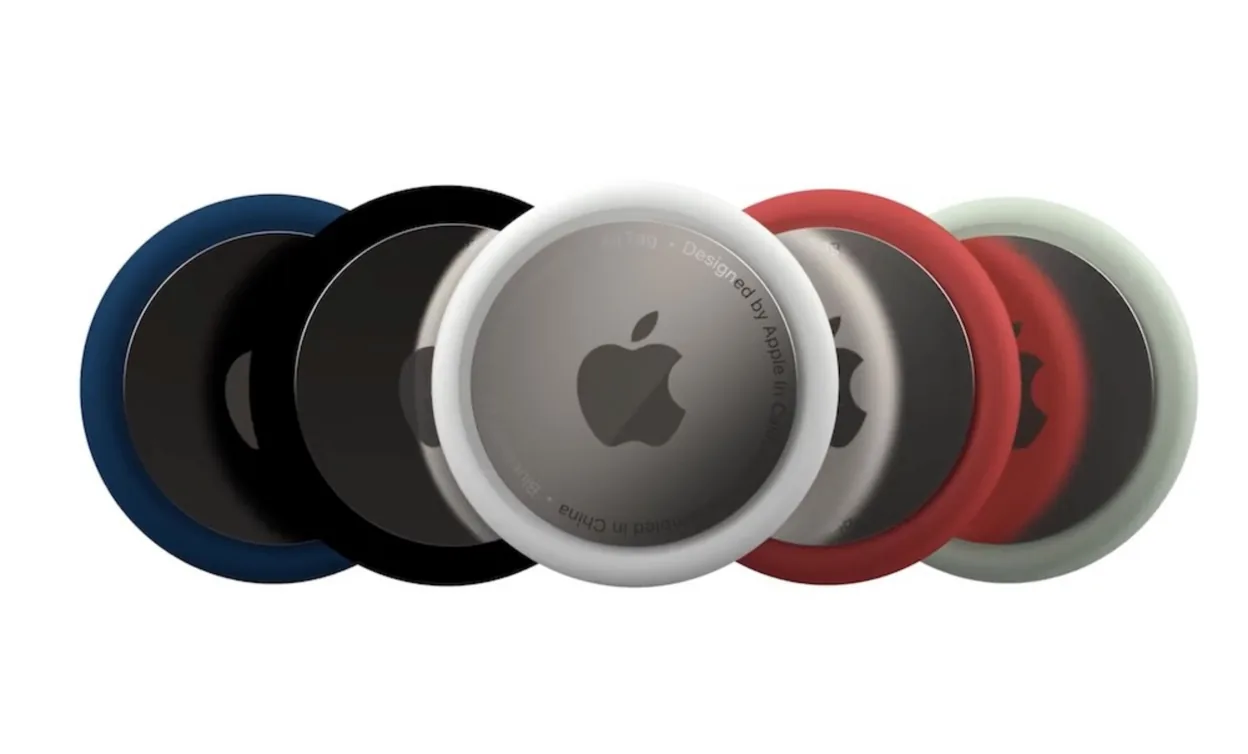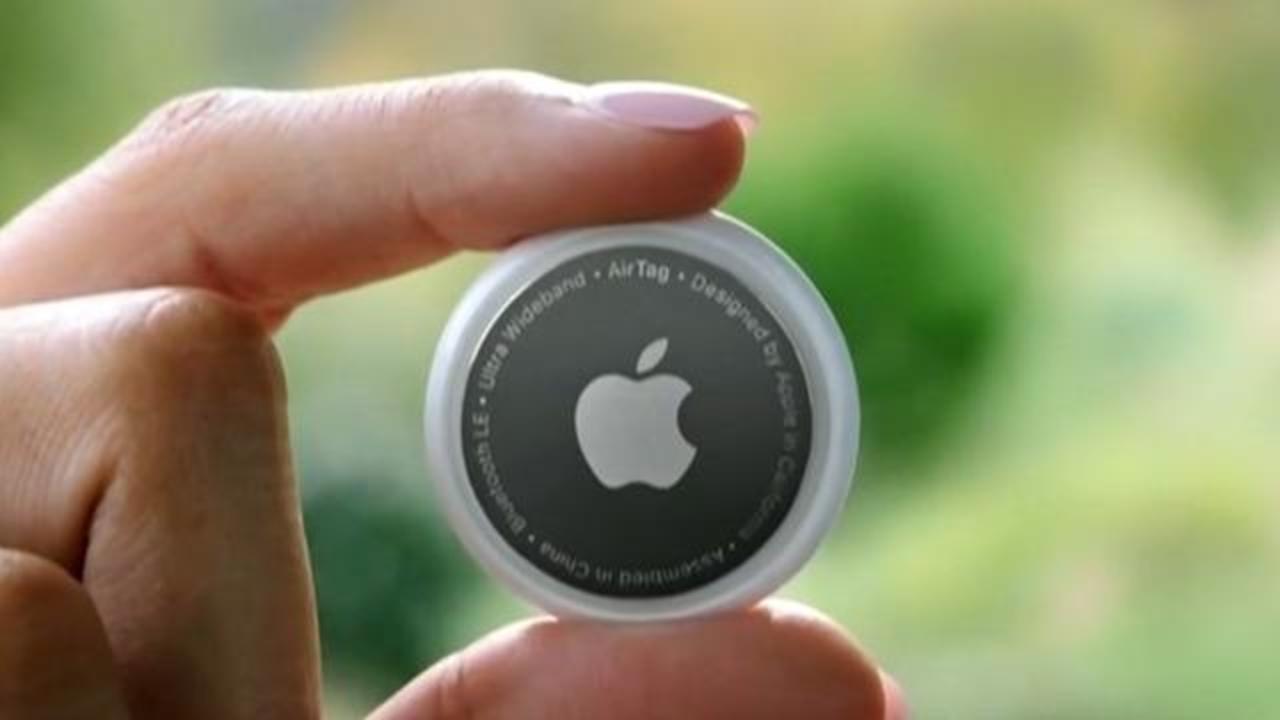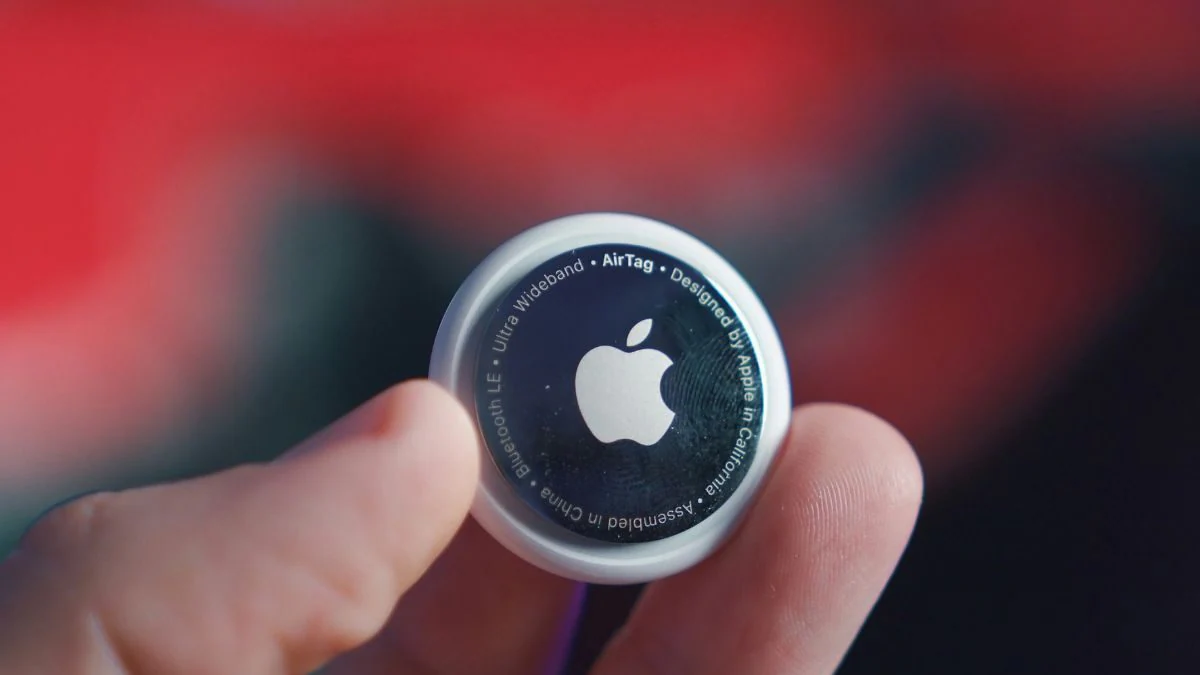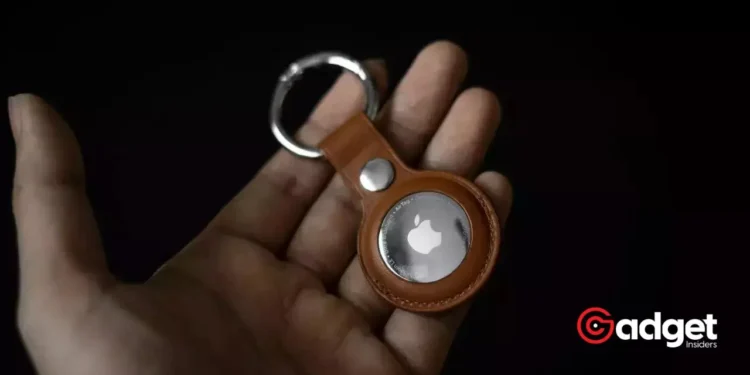In a notable legal development that reverberates through the corridors of technology and privacy advocacy, Apple Inc. finds itself at the threshold of a courtroom battle. The spotlight has turned on Apple’s innovative yet controversial AirTag device following a decisive ruling that mandates the tech giant to contend with a class-action lawsuit.
This legal skirmish accentuates the growing concerns surrounding the misuse of personal tracking technologies, as they increasingly become tools in the hands of stalkers and individuals with malicious intent.
A Legal Quagmire Over Personal Safety and Technological Misuse
At the heart of this legal entanglement is the claim that AirTags, despite their ostensibly benign purpose of tracking lost items, have been weaponized for nefarious purposes. Plaintiffs allege that these compact, beacon-like devices have facilitated unwelcome surveillance, casting a shadow over their innovative features with tales of misuse and fear.
The litigation articulates a narrative of negligence and product liability, accusing Apple of failing to adequately anticipate or mitigate the risks associated with the product’s potential for misuse.

A significant turning point in the discussion around personal safety and digital privacy has been brought to light by the ruling of United States District Judge Vince Chhabria.
Through the decision to allow the action to move forward, the judicial system is sending a message that it is prepared to investigate the duties of technology producers in protecting against the exploitation of their devices.
Bloomberg’s coverage of this development sheds light on the plaintiffs’ argument that Apple’s AirTags, retailing at $29, have unwittingly become “the weapon of choice of stalkers and abusers.”

Apple’s Defense and Proactive Measures
In response to the burgeoning controversy, Apple has maintained that the company cannot be held accountable for the malicious use of its devices by third parties. This stance is rooted in the principle that manufacturers are not guardians over the myriad ways in which a product might be appropriated post-purchase.
Nevertheless, recognizing the gravity of the concerns raised, Apple has implemented features designed to alert individuals to the presence of unwanted tracking.
Notably, iOS 15.4 introduced an inaugural alert during the setup process, explicitly stating that the device is intended for tracking personal belongings, not people, and emphasizing that using AirTags for unauthorized tracking constitutes a criminal offense in numerous jurisdictions.
Apple Will Face Class-Action Lawsuit Over AirTag Safety https://t.co/MHCkW8k4qO
— PCMag (@PCMag) March 17, 2024
The Broader Context: A Dual-Edged Technological Sword
The AirTag controversy emerges within a broader narrative of how modern tracking technologies, while designed to offer convenience and peace of mind, are ensnared in ethical dilemmas and privacy concerns.
Similar accusations have been leveled against Tile, another prominent player in the tracking device market, indicating a sector-wide challenge that transcends individual companies.
The dual use of these devices, exemplified by their deployment by car thieves on the one hand and by Washington D.C. residents to recover stolen vehicles on the other, encapsulates the complex interplay between innovation and vulnerability.

Looking Ahead: Navigating the Path of Technological Responsibility
As Apple prepares to defend its creation in court, the tech industry at large is prompted to reflect on the intricate balance between advancing technological capabilities and ensuring the ethical use of such innovations.
The outcome of this lawsuit may set a precedent for how companies approach the design and marketing of personal tracking devices, potentially catalyzing a shift towards more robust protections against misuse.
As this legal saga unfolds, it serves as a reminder of the perennial challenge facing the digital age: crafting technologies that enrich lives without compromising personal safety and privacy.









